Assistant Principal
Katrina Spicer - Wellbeing
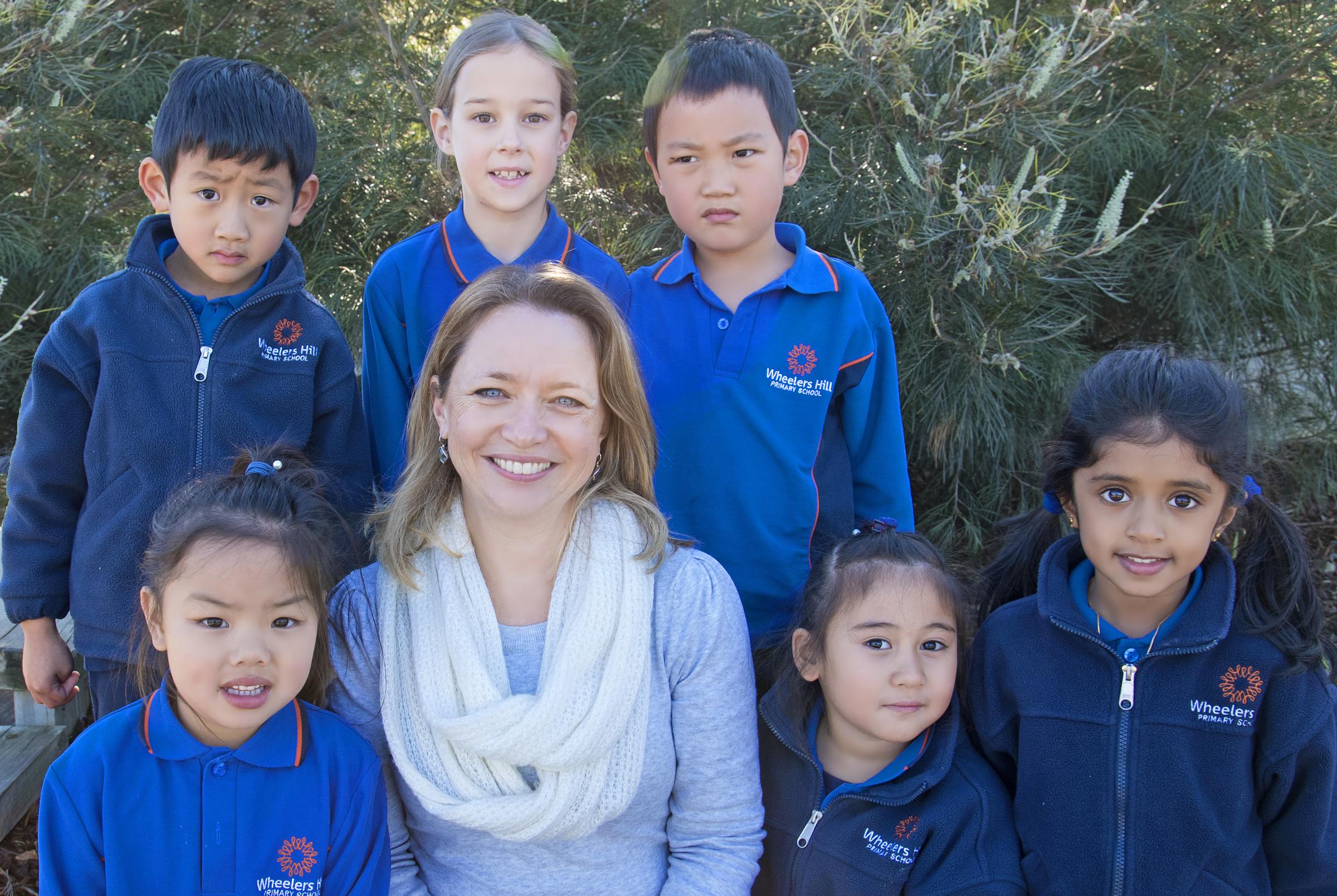
Assistant Principal
Katrina Spicer - Wellbeing
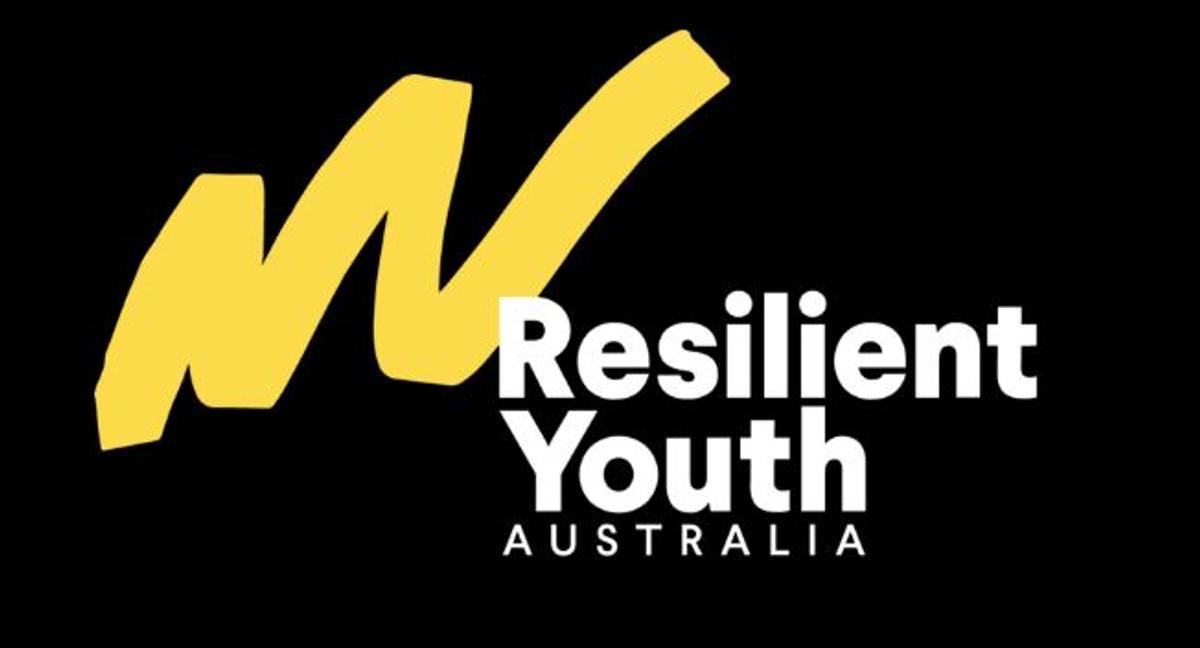

Resilience and wellbeing are key factors to ensure a happy and fulfilling future for our young people.
Every year, students in years 3, 4, 5 and 6 at WHPS participate in the Resilient Youth Survey which is administered by Resilient Youth Australia in partnership with The Resilience Project. Students will complete this online survey during class time prior to the end of Term 1.
The data from the survey will be reported in aggregate descriptive form only, by year level and gender, and no individual student responses can be identified. This data is very helpful to our school to help us to monitor the wellbeing of our students, and, when applicable, the effectiveness of our programs. In previous years, we have used data from the survey to identify issues such as low self-confidence and disconnection in girls, discrepancies in wellbeing between boys and girls in certain year levels, and changes in wellbeing following Covid lockdowns.
The Resilient Youth Survey is completely anonymous. The survey collects the self-reported resilience and wellbeing of students and will provide valuable information to assist us to create and maintain the best culture of wellbeing and resilience that we can.
If you have any questions or concerns regarding your child’s participation in this survey project, please contact Katrina Spicer at the school to discuss.
We thank you for your support.
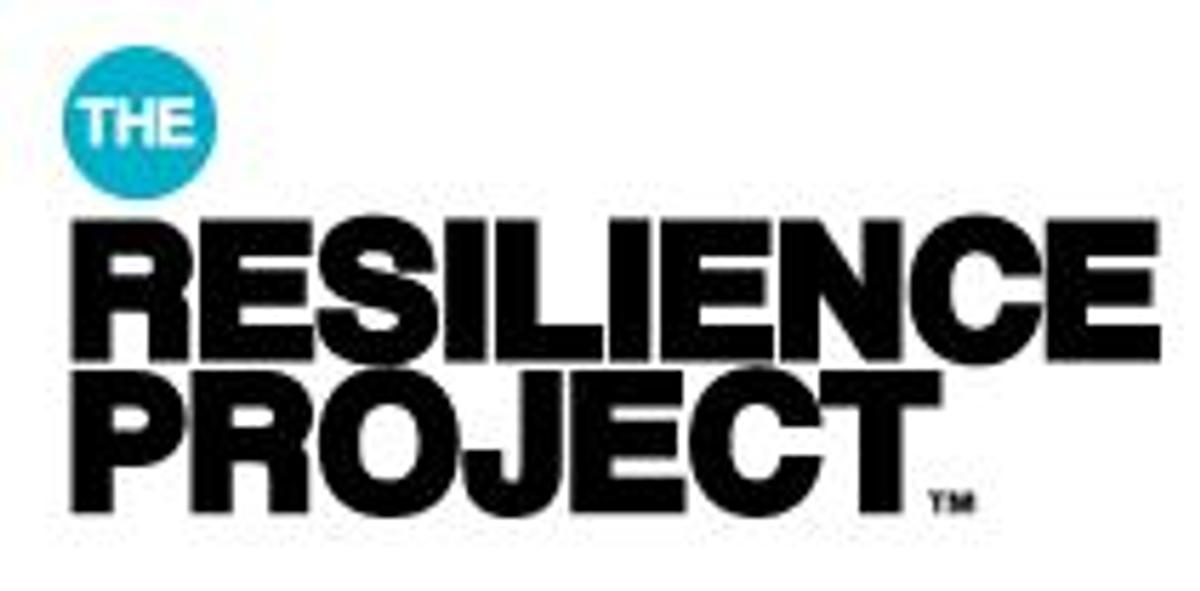

The Resilience Project has been a core part of the WHPS Curriculum since 2017.
The Resilience Project is committed to teaching positive mental health strategies to prevent mental ill-health and build young people’s capacity to deal with adversity.
Teachers and students engage in weekly lessons and activities around the key principles of Gratitude, Empathy, Mindfulness (GEM), and Emotional Literacy to build resilience.
Check out the TRP website for more information:
And check out TRP@HOME; a place filled with inspiration and activities for the whole family, to help improve your wellbeing and build resilience.
The research is clear; the more positive emotion you experience, the more resilient you will be. For that reason the TRP curriculum focuses on three key pillars that have been proven to cultivate positive emotion; Gratitude, Empathy and Mindfulness (GEM), with Emotional Literacy being a foundational skill to practise these strategies.


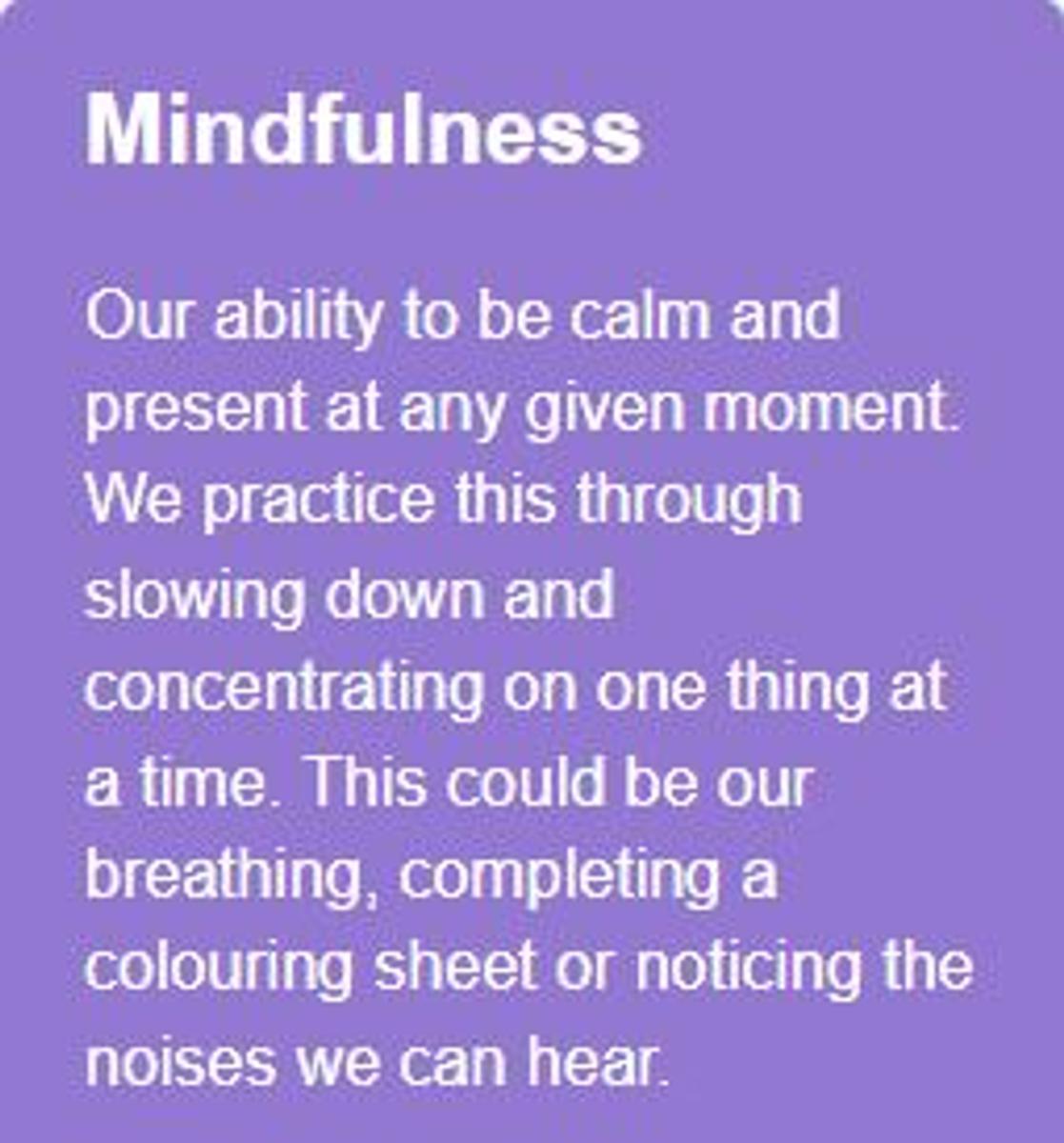
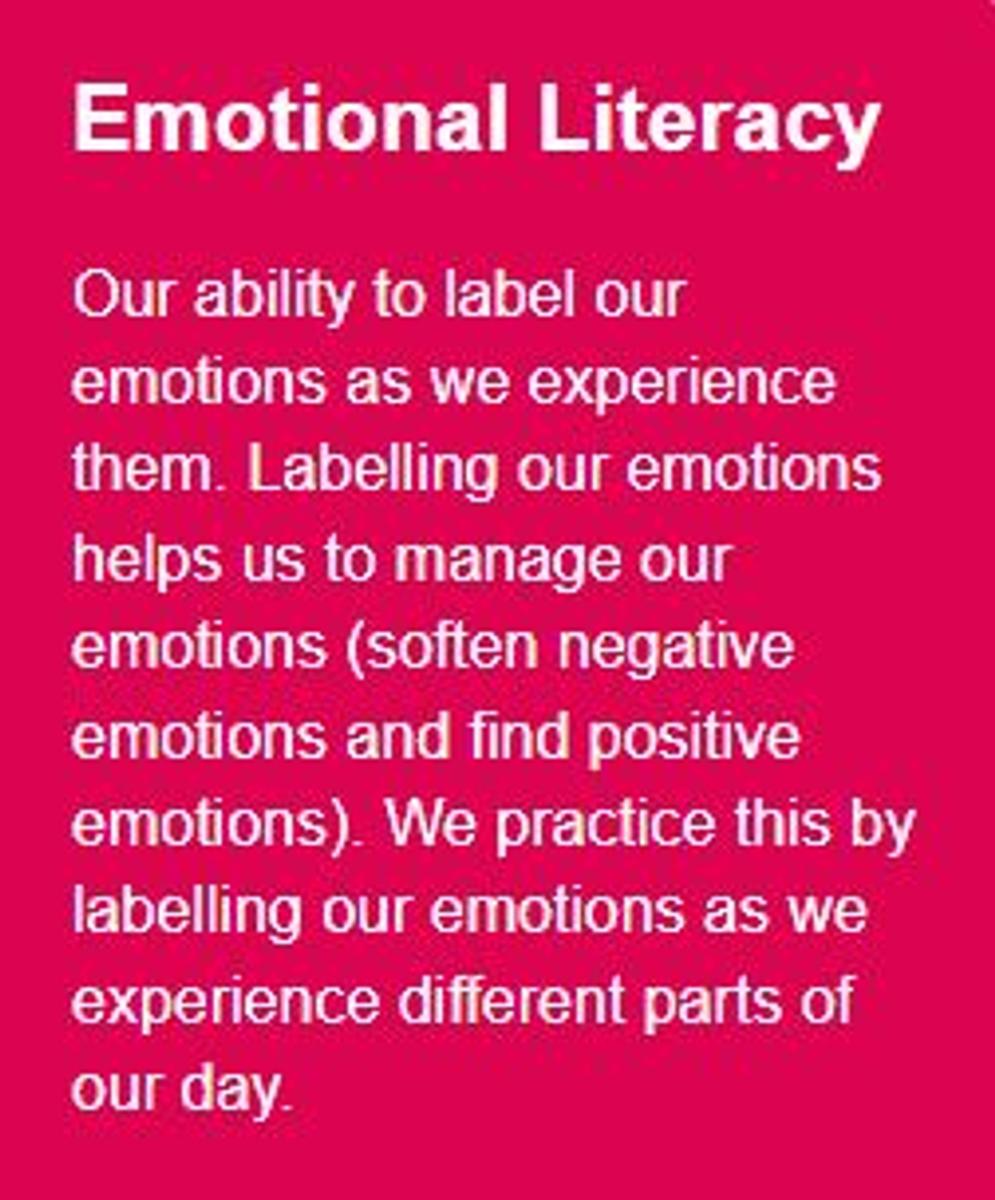




Katrina Spicer
Assistant Principal for Wellbeing and Inclusion
katrina.spicer@education.vic.gov.au
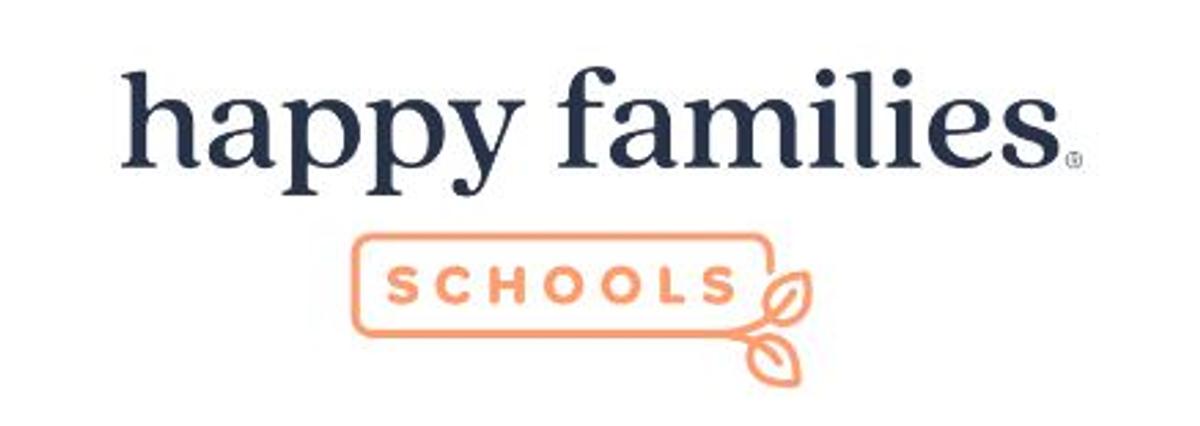

By Dr Justin Coulson
Picture this. You're at the playground having a picnic with some friends. Your toddler starts throwing their food on the floor.
"He needs a time-out," one friend mutters.
"Take his lunch box away" another advises.
"He needs to learn the consequences of his decisions," counsels another.
Consequences have become a buzzword lately in the parenting field. There is talk of 'natural' consequences, 'logical' consequences, 'applied' consequences and 'imposed' consequences. Yet for all these labels, 99% of the time when people are talking about consequences, what they're really talking about is punishment.
As far as behaviour modification goes, we know that punishment works. But the real question is..."works" to do what?
Often a time-out or taking his lunch box away would be effective ways of stopping your child from throwing their food around. However, these actions are based on Behaviourist principles developed from studying pigeons and rats. They're effective... in the short term, and only for as long as we're willing to keep imposing the consequences.
I believe that we can do 99% of our parenting without imposing consequences of any kind. There are two reasons for this. The first is that a lot of the time, natural consequences occur to teach our child the negative results of their behaviour without our intervention. If your child throws their food around, the natural consequence is that they have no food left, and they'll be hungry. You might even need to go home early to get more food. By explaining the link between their actions and the consequence, you can reinforce the learning without shaming them. "Oh no, you threw all your food and now there's none left for your tummy! If you're hungry, we will have to go home from the playground."
However, we can't always rely on natural consequences. After all, the natural consequence of throwing sand is that it could get into someone else's eyes, and the natural consequence of running into the street is getting run over.
When we're unable or unwilling to let our child experience the natural consequence of their actions, we need to try something else. Many people advocate for 'logical' consequences - that is, a consequence somehow logically linked to the behaviour. For example, taking the lunch box away would be a logical consequence, while a time-out wouldn't be. However, both of these 'consequences' are really just punishments. Their goal is to deter the child from undesirable behaviour by imposing a penalty.
Which brings me to the second reason that consequences aren't necessary: we don't need to make our child feel worse for their behaviour to bet better.
Instead, we want to explore, explain and empower:
By exploring, we connect with our child and seek to understand the motivation behind their behaviour. Once they feel seen and heard, we can move to explaining what our expectations are. Most of the time our kids already know what we expect from them, so we don't need to lecture them. A short and simple explanation is all that's necessary. Then we can empower them to collaborate with us in finding solutions that work for everyone.
With our youngest kids, they're probably not going to be a very active participant in this collaborative problem-solving process. However, we can still work through these steps in a way that sets them up for success.
Here's what that looks like in action:
Explore - "It looks like you feel like throwing things!"
Explain - "I can't let you throw food around. Then we would have nothing to eat later."
Empower - "What would you like to do instead? You can throw this ball... or we can play on the swing."
Contrary to what anyone may say, our children rarely need to learn the consequences of their actions. They just need to be supported to choose better ones.


Our school subscription to Happy Families allows access to the Happy Families website to all members of our school community.
Families can access the Happy Families website at: https://schools.happyfamilies.com.au/login/whps
Password: happywhps